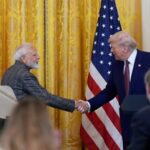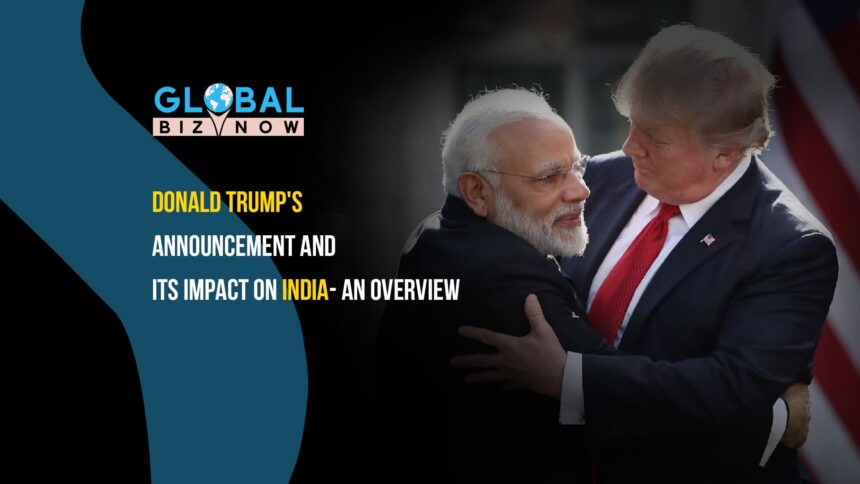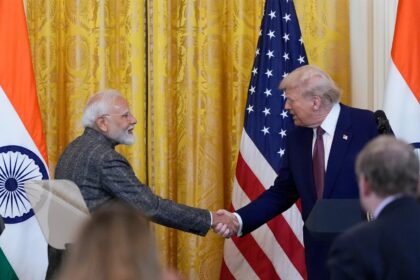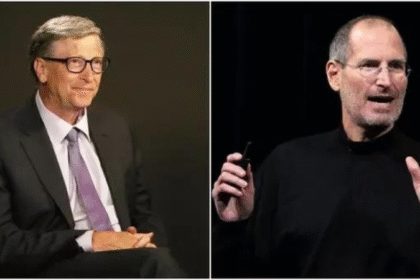Introduction
The world watched as Donald Trump was sworn in as the 47th President of the United States on January 20, 2025. His victory marks a significant shift in US policy, with aggressive plans to reshape immigration laws, energy production, trade regulations, and social policies. With over 200 executive directives expected in the coming days, the global implications of his presidency are immense, particularly for India. The agreements and pacts signed by Trump on his first day in office set the tone for his administration’s priorities and could reshape India’s economic and geopolitical standing.
Key Executive Orders and Their Global Implications
- Immigration and Border Security: Trump’s commitment to mass deportations and tightening border security could affect Indian immigrants living in the United States, particularly those on temporary work visas such as H-1B holders. The reinstatement of the “Remain in Mexico” policy and stricter enforcement of immigration laws could also pose challenges for Indian students and professionals seeking opportunities in the US.
- National Energy Emergency The declaration of a “national energy emergency” to boost US oil and gas production might lead to lower global crude oil prices, which could benefit India, a major oil importer. However, a shift away from renewable energy investments in the US could impact global climate commitments, where India has been actively advocating for sustainable energy policies.
- Trade and Tariffs Trump’s announcement of an “external revenue service” to collect tariffs from foreign nations signals a protectionist trade stance. If new tariffs are imposed on Indian exports, industries such as IT, pharmaceuticals, and textiles could be affected. However, a potential review of US trade relationships with China, Canada, and Mexico might offer India an opportunity to strengthen its economic ties with the US.
- EV Mandate and Manufacturing By revoking the electric vehicle (EV) mandate and rolling back environmental regulations, Trump aims to prioritize traditional automobile manufacturing in the US. This could impact Indian automakers and component manufacturers that have invested in EV technology to align with global sustainability trends.
- Reinstating Military Service Members Expelled Over COVID Mandates While this decision has domestic implications, it highlights Trump’s broader approach to reversing pandemic-era policies, which could influence future collaborations on global health security measures between the US and India.
- Recognition of Only Two Genders Trump’s decision to restrict gender identity policies to male and female has sparked debates worldwide. While this move primarily affects US social policies, it might influence global discussions on diversity and inclusion, areas where India is making gradual progress.
- Pardoning January 6 Attack Convicts Trump’s move to pardon individuals involved in the January 6, 2021, Capitol riots is expected to be controversial within the US. While this does not have a direct impact on India, it raises concerns about the global perception of democratic institutions and law enforcement.
- Federal Workforce and Remote Work Policies By ending widespread remote work for federal employees, Trump aims to boost workplace efficiency. This decision might influence corporate work policies globally, including in India, where remote and hybrid work models have gained popularity post-pandemic.
- Designation of Cartels as Terrorist Organizations The classification of drug cartels as terrorist organizations aligns with global anti-narcotics initiatives. If the US strengthens cooperation with India on combating drug trafficking, this move could enhance security ties between the two nations.
- Renaming Gulf of Mexico to Gulf of America While largely symbolic, Trump’s proposal to rename the Gulf of Mexico reflects his nationalist policies. While this may not impact India directly, it signals an era of aggressive US-centric policies that could extend to international relations.
- Cancellation of WHO Pact and Paris Agreement Trump’s decision to cancel the US’s pact with the World Health Organization (WHO) and withdraw from the Paris Agreement marks a significant shift in global health and environmental policies. This could impact India’s collaboration with the US on pandemic preparedness and climate change mitigation efforts. The withdrawal from the Paris Agreement may also slow down global climate initiatives, affecting India’s renewable energy and sustainability goals.
Impact on US-India Relations Trump’s second term could redefine US-India relations across various sectors:
- Trade and Economy: India may need to renegotiate trade deals to avoid higher tariffs.
- Defense and Security: Stronger US border policies might lead to renewed defense collaborations with India.
- Technology and Innovation: Indian IT firms could face stricter US work visa regulations.
- Climate and Energy: US policies on energy independence could impact India’s clean energy transition.
- donaldtrump
- Health and Global Cooperation: The US pulling out of WHO might alter India’s approach to global health partnerships.
Donald Trump’s return to power brings a host of new policies that will shape global geopolitics. For India, his executive orders present both challenges and opportunities. While some policies could strain trade and immigration ties, others may open doors for deeper economic and strategic partnerships. As the world adapts to this new political landscape, India’s diplomatic and economic strategies must be recalibrated to navigate Trump’s aggressive governance approach effectively.













